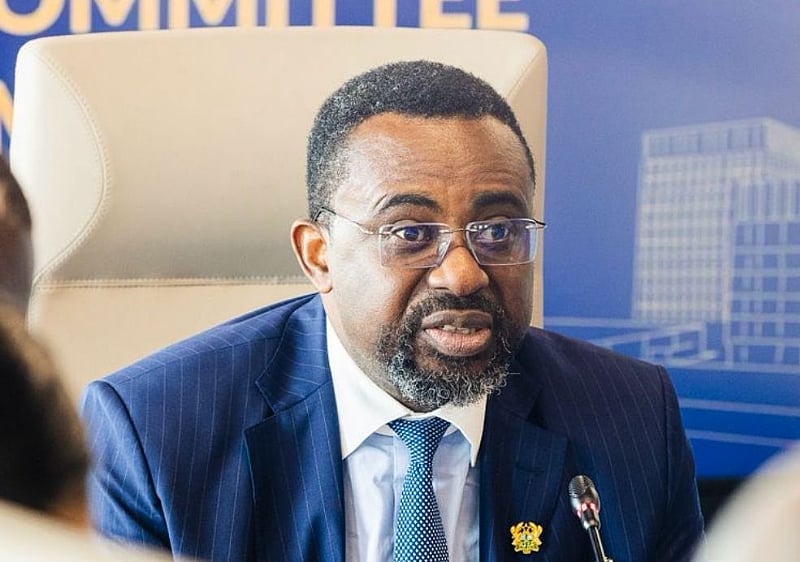Ghana’s economic landscape in the first eight months of 2025 showcased remarkable stability and growth, primarily driven by a robust external sector performance and effective monetary policy management. The country recorded a substantial trade surplus of $6.2 billion, a testament to the strength of its key export commodities, gold and cocoa. This surplus contributed significantly to the bolstering of Ghana’s gross international reserves, which reached $10.7 billion by August, providing import cover for approximately four and a half months. This healthy reserve position reflects the country’s enhanced capacity to weather external shocks and maintain economic stability. The Bank of Ghana’s proactive monetary policy, coupled with fiscal consolidation efforts, has played a pivotal role in achieving these positive outcomes.
The Ghanaian cedi emerged as one of the world’s strongest currencies during this period, appreciating by approximately 21% against major international currencies as of September 12, 2025. This remarkable performance placed the cedi in the league of high-performing currencies such as the Russian ruble, Swedish krona, Norwegian krone, Swiss franc, euro, and British pound. The cedi’s resilience against global currency fluctuations is attributed to a combination of factors, including prudent monetary policy, effective liquidity management by the central bank, and the aforementioned surge in foreign exchange inflows, primarily from gold and cocoa exports. This stability provides a conducive environment for business operations and encourages foreign investment, further contributing to economic growth.
The Bank of Ghana’s Monetary Policy Committee (MPC) meeting in September provided a platform to assess the prevailing economic conditions and chart a course for future policy decisions. The Governor of the Bank of Ghana, Dr. Johnson Pandit Asiama, highlighted the positive developments in the external sector, emphasizing the significant improvement in the country’s external buffers. He attributed the cedi’s strength and the overall positive economic performance to the synergistic effect of prudent monetary policy, effective liquidity management, and ongoing fiscal consolidation efforts. The MPC’s deliberations undoubtedly focused on maintaining this momentum and ensuring sustainable economic growth.
The robust performance of gold and cocoa exports played a crucial role in Ghana’s economic success during this period. The increased global demand for these commodities, coupled with favorable market prices, resulted in substantial foreign exchange earnings. This inflow of foreign currency not only strengthened the country’s reserves but also contributed to the cedi’s appreciation. The government’s efforts to diversify the export base and promote value addition in these sectors are expected to further enhance their contribution to the national economy.
While the overall economic picture was positive, the Bank of Ghana Governor also acknowledged the presence of seasonal trade pressures and a slowdown in remittance inflows. These factors, although not significantly impacting the cedi’s strength, warrant careful monitoring and appropriate policy responses. The central bank’s commitment to effective liquidity management and its proactive approach to monetary policy are crucial in mitigating any potential negative impacts from these cyclical fluctuations.
Looking ahead, Ghana’s economic prospects appear promising, underpinned by the strong performance of its external sector and the Bank of Ghana’s commitment to maintaining macroeconomic stability. The continued focus on fiscal consolidation, coupled with efforts to diversify the economy and enhance productivity, will be essential for sustaining this positive trajectory. The Bank of Ghana’s proactive monetary policy stance and its effective liquidity management will continue to play a critical role in navigating potential challenges and ensuring sustainable economic growth in the long term.














